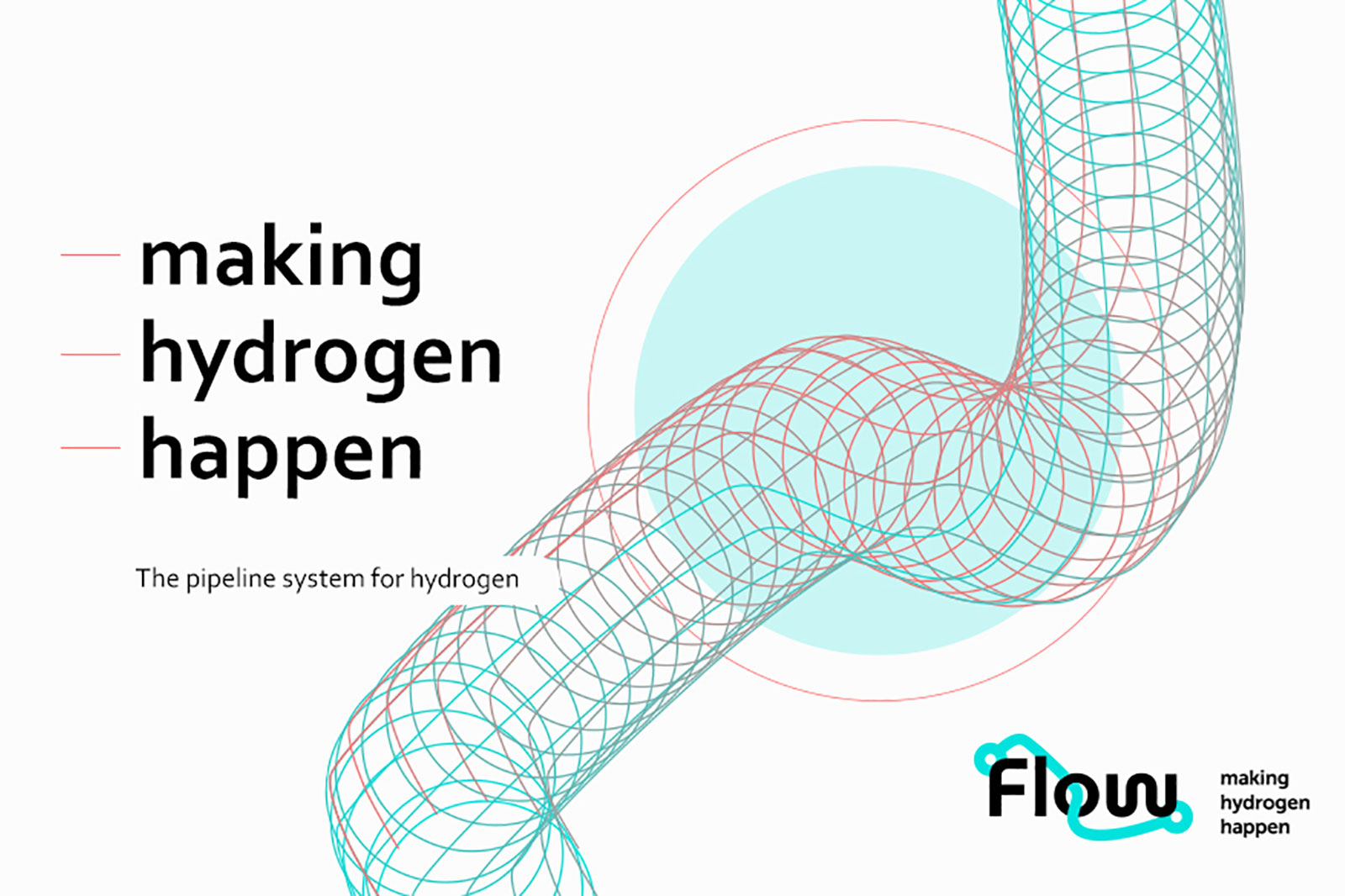Hydrogen
How RWE is actively helping to shape the age of hydrogen
Green hydrogen can help reduce CO2 emissions far beyond the electricity sector: For energy-intensive industries such as steel, chemicals or cement, it is considered an important building block of decarbonisation. In addition, hydrogen can serve as a climate-neutral fuel (directly in a fuel cell or as a base material for synthetic diesel or paraffin) or as a sustainable fuel for heat supply. Green hydrogen, which is produced with the help of renewable-generated electricity, can replace fossil fuels in other sectors and play a decisive role in achieving climate goals.
The project in Rostock, which focuses on the use of green hydrogen, is also concerned with the production of green hydrogen. By 2027, a 100-megawatt electrolysis plant is to be built on the site of the coal-fired power plant at the Rostock Overseas port as part of the “HyTech Hafen Rostock” project. This project is to be developed and built by the newly founded Rostock EnergyPort cooperation GmbH. The energy suppliers RWE Generation, EnBW Neue Energien GmbH, RheinEnergie AG and the port operator ROSTOCK PORT GmbH, are combining their expertise and each has a stake of just under 25 percent in the new company.
In the planned electrolysis plant, which is the centrepiece of the HyTech Hafen Rostock project, green hydrogen will be produced from water with the help of electricity from renewable energies. This climate-neutral/CO2-free energy carrier can then be used in various sectors such as industry, transport and heating.
Each year, up to 6,500 tonnes of hydrogen will be produced in a climate-neutral way in the Rostock seaport, which can then be fed into a supra-regional distribution network (hydrogen grid) and made available to local consumers. Rostock, with its direct location on the Baltic Sea, offers great potential for this project. The green hydrogen can be used in the petrochemical industry, in the mobility sector and in industrial processes. The electricity needed for the production of hydrogen comes from wind farms in the Baltic Sea and other renewable sources. As a port location, there are also long-term prospects for an H2 or derivatives import infrastructure.


With its participation as an associated partner in the infrastructure initiative in the "Flow" cooperation project, RWE is supporting the establishment of a high-performance pipeline system for green hydrogen within Germany and the whole of Europe.
Flow links international hydrogen markets and thus opens up supply opportunities for large quantities of hydrogen for European industry.



We are happy to answer questions on hydrogen and our projects.